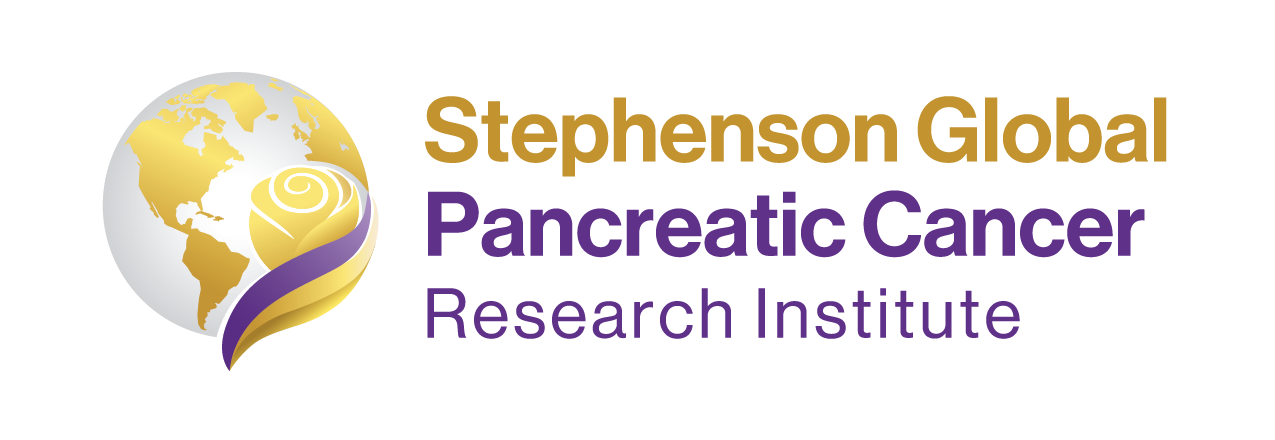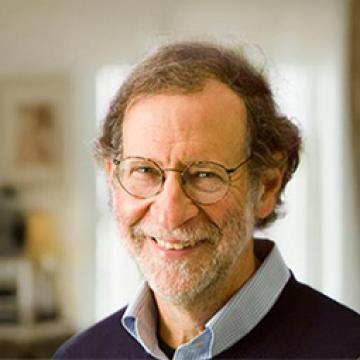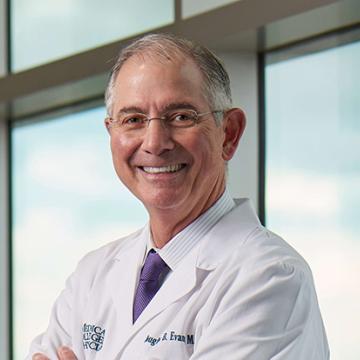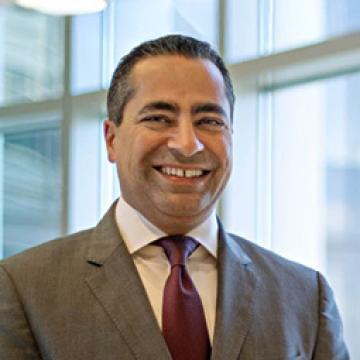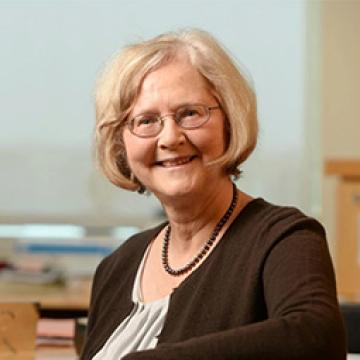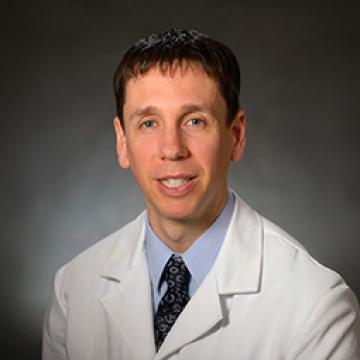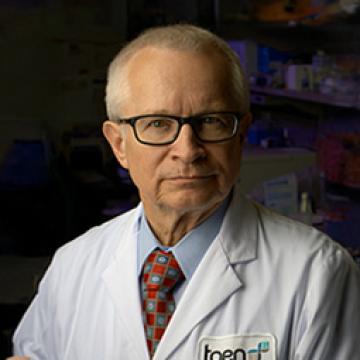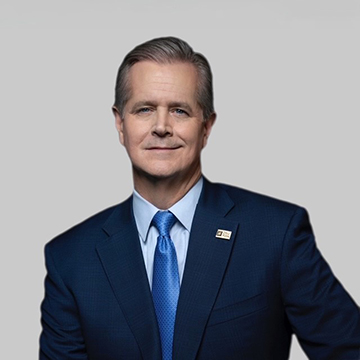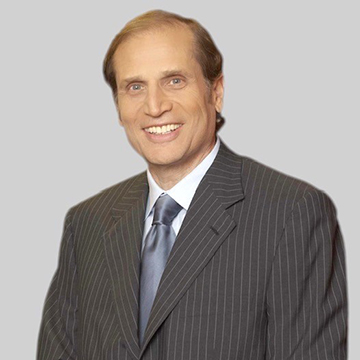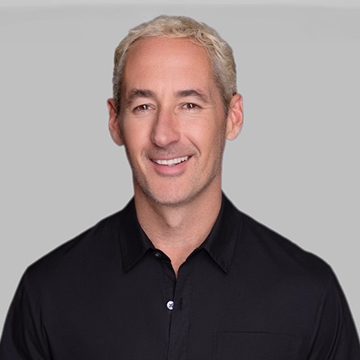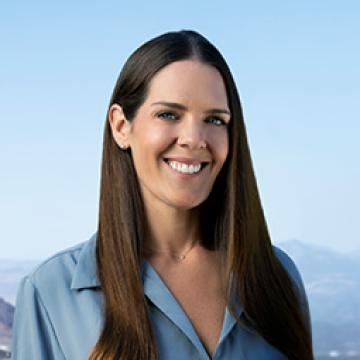Dr. Dan Von Hoff is the chair of the SSAB and currently a distinguished professor at the Translational Genomics Research Institute (TGen) in Phoenix, Arizona, and at City of Hope, Duarte, California. He is also a Professor of Medicine at the Mayo Clinic in Scottsdale, Arizona.
Dr. Von Hoff’s major interest is in the development of new anticancer agents, both in the clinic and in the laboratory. He and his colleagues were involved in the beginning of the development of many FDA approved agents we now use routinely, for treatment and improved survival for patients with breast, lung, colon, prostate, pancreas, skin cancers, as well as leukemia. The agents include mitoxantrone, fludarabine, paclitaxel, docetaxel, gemcitabine, irinotecan, nelarabine, capecitabine, lapatinib, vismodegib, nab-paclitaxel, nal-IRI, pexidartinib and others. His clinical trial work has led to the approval of 3 of the 4 drugs approved by the FDA for treatment of patients with advanced pancreatic cancer. At present, he and his colleagues are concentrating on the development of therapies for patients with advanced pancreatic cancer.
Dr. Von Hoff has published more than 800 papers, 143 book chapters and over 1190 abstracts. Dr. Von Hoff received the 2010 David A. Karnofsky Memorial Award from the American Society of Clinical Oncology for his outstanding contributions to cancer research leading to significant improvement in patient care and he received the American Association for Cancer Research (AACR) (the largest cancer research organization in the world), Distinguished Public Service Award in recognition of his extraordinary clinical research career and leadership in establishing the AACR/ASCO Methods in Clinical Cancer Research Workshop to educate and train young clinical investigators. A named lectureship was established in his honor by AACR. He is also the recipient of the Gold Medal from Columbia University for his outstanding contributions to cancer research leading to significant improvements to patient care. He was recently awarded the designation of an Arizona Historymaker 2023.
Dr. Von Hoff was appointed to President Bush’s National Cancer Advisory Board in 2004-2010. Dr. Von Hoff is the past President of the American Association for Cancer Research (the world’s largest cancer research organization), a Fellow of the American College of Physicians, and a member and past board member of the American Society of Clinical Oncology. He is a founder of ILEX™ Oncology, Inc. (acquired by Genzyme after Ilex had 2 agents, alemtuzumab and clofarabine approved by the FDA for patients with leukemia). Dr. Von Hoff is founder and the Editor Emeritus of Investigational New Drugs — The Journal of New Anticancer Agents; and, past Editor-in-Chief of Molecular Cancer Therapeutics. He is a co-founder of the AACR/ASCO Methods in Clinical Trial Cancer Research Workshop, which has graduated more than 3,000 clinical trial physicians. He is also proud to have been a mentor and teacher for multiple medical students, medical oncology fellows, graduate students, and post-doctoral fellows.
